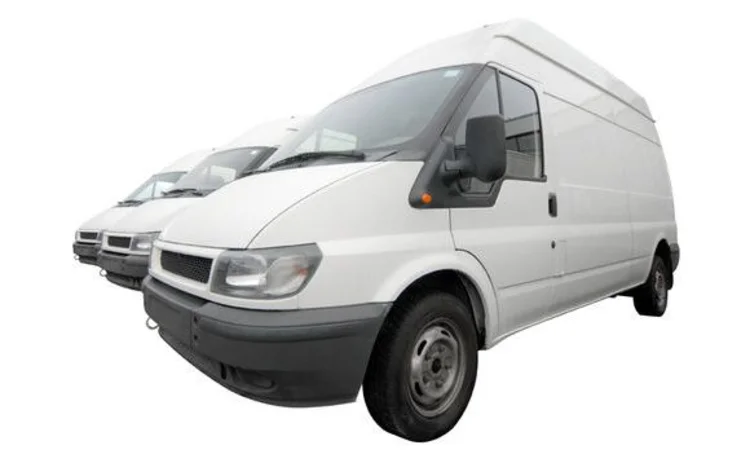
Blog: Replacement vehicle services - building a stronger customer journey

While many of us work from home, looking out of our windows it’s hard not to spot the rising number of vans and other light commercial vehicles on our roads. James Roberts, business development director for insurance at Europcar Mobility Group UK, argues it’s not just Covid-19 that has prompted this rise but the phenomenal growth of online shopping over the last few years which had already brought more delivery businesses into the market.
Department for Transport data for 2019 van activity showed a substantial growth in van use. In 2019 there were 4.1 million licenced vans on our roads – an increase of 93% in the last 25 years –
Only users who have a paid subscription or are part of a corporate subscription are able to print or copy content.
To access these options, along with all other subscription benefits, please contact info@postonline.co.uk or view our subscription options here: https://subscriptions.postonline.co.uk/subscribe
You are currently unable to print this content. Please contact info@postonline.co.uk to find out more.
You are currently unable to copy this content. Please contact info@postonline.co.uk to find out more.
Copyright Infopro Digital Limited. All rights reserved.
As outlined in our terms and conditions, https://www.infopro-digital.com/terms-and-conditions/subscriptions/ (point 2.4), printing is limited to a single copy.
If you would like to purchase additional rights please email info@postonline.co.uk
Copyright Infopro Digital Limited. All rights reserved.
You may share this content using our article tools. As outlined in our terms and conditions, https://www.infopro-digital.com/terms-and-conditions/subscriptions/ (clause 2.4), an Authorised User may only make one copy of the materials for their own personal use. You must also comply with the restrictions in clause 2.5.
If you would like to purchase additional rights please email info@postonline.co.uk









